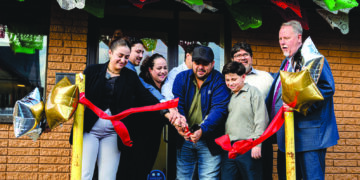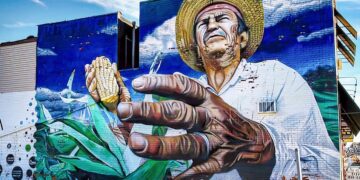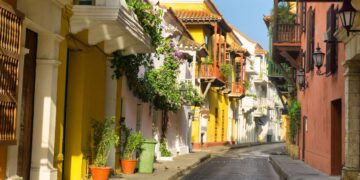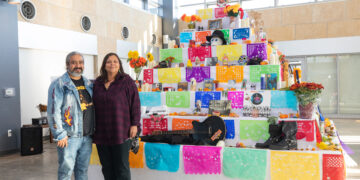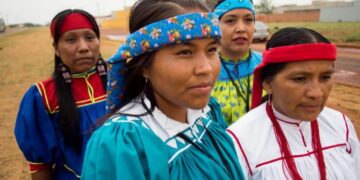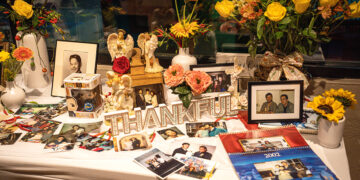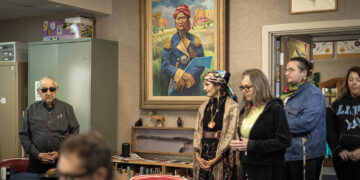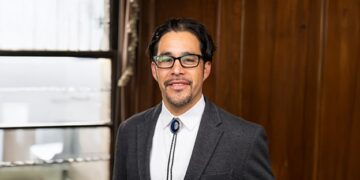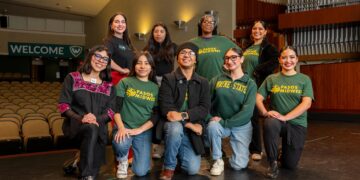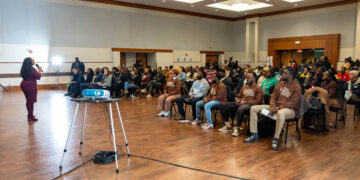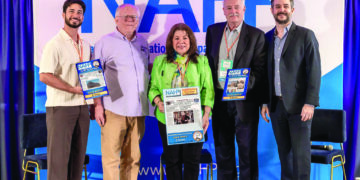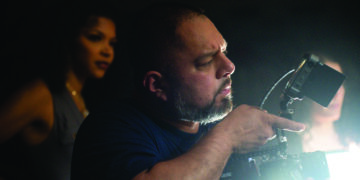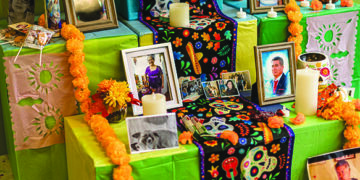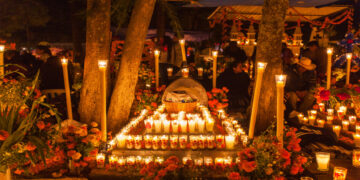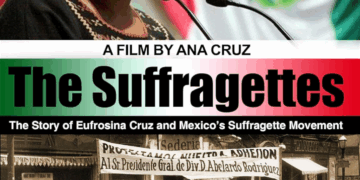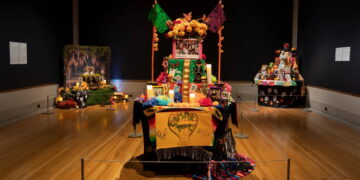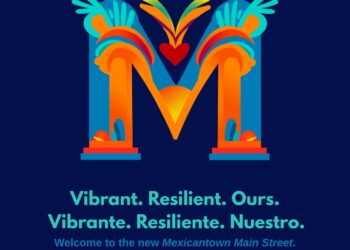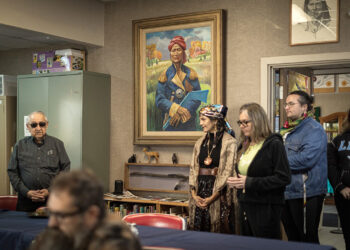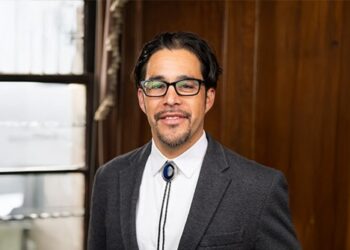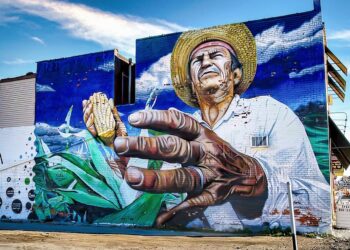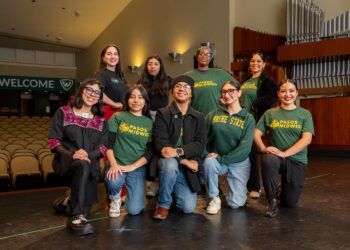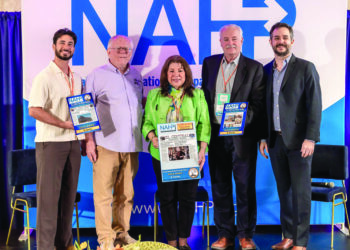On a recent Friday afternoon, historian and community elder Osvaldo “Ozzie” Rivera met at the Design Build Green Hub in Detroit with volunteers and a strategic planner to plan a Latino oral history project. The Mexican and Puerto Rican communities have been in Detroit since roughly 1910, yet their history has never been fully documented. Rivera feels a sense of urgency. The pandemic was a stark reminder of how easily community histories can disappear.
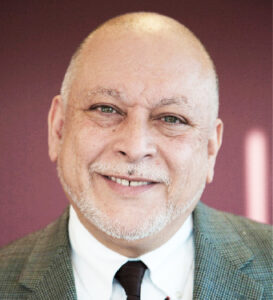
As elders passed away, they took with them vital stories of immigrant resilience and survival. “A number of us felt we could no longer sit by while that story remains untold,” Rivera said.
A professor of Afro-Latino history and culture at Wayne State University, Rivera, 71, sees history as more than a bridge between generations; it’s a vital tool for preserving cultural identity.
More than twenty years ago, he began writing profiles of community leaders, documenting the contributions made by Latinos to Detroit’s rich and complex history and preserving their stories for future generations.
“If you don’t know the past, you don’t know why you’re here now, and you’re not prepared for the future,” Rivera said.
As Latino elders of the Silent Generation, those born between 1928 and 1945, pass away, so too do the untold stories of how immigrants shaped and strengthened the community during the rise of the auto industry, World War II when Detroit was the arsenal of democracy, and the 1950s and 1960s, when Detroit became a national labor stronghold with the UAW-United Auto Workers leading battles for worker rights.
“Our community has such a rich history in the Detroit area going back over a hundred years, yet it is almost never recognized,” Rivera said.
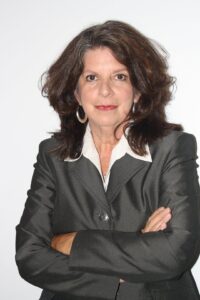
Oral historian and justice activist Elena Herrada, 68, also works to preserve the overlooked stories of Mexican American elders, many of whom experienced the trauma of forced repatriation to Mexico during the Great Depression.
A second-generation Detroiter and granddaughter of a man deported to Mexico in the 1930s, she co-founded the Repatriados Oral History Committee to document this largely forgotten chapter of U.S. history. Herrada says storytelling is a political act, one that often counters the mainstream narrative.
Growing up, Herrada attended St. John Berchmans Catholic Church and School in Detroit, where she noticed the schism between “what they tell you in school and what you learn at home.”
“You have to make a decision about who you’re going to believe,” Herrada said.
Through stories of revolution and resistance, our elders offer younger generations the context to understand where they come from and why they are here. Elders provide stories of migration and political displacement that shaped the community’s journey.
Herrada notes that some members of younger generations are unaware of the political forces that shaped the migration of their ancestors. Without these vital stories, languages fade and recipes go unlearned.
Rosalinda Ybarra, 70, grew up a few blocks from where Herrada currently lives. She is part of Southwest Detroit’s tight-knit Mexican community.
Ybarra’s family has been in the United States for many generations (two on her dad’s side and six on her mom’s side). She works diligently to preserve local oral histories. Her family sees storytelling as a form of inheritance.
As a history major at Wayne State University, she was inspired by her passion to preserve old family photographs.
“I have a trunk full of photos, and then as I got older, I realized that so many people didn’t have that luxury of all those pictures,” Ybarra said. “I made a big effort to try to put them in some kind of chronological order. And then my parents passed away, my aunts and uncles started passing away, and it became even more important to me, more significant.”
Rivera, Ybarra, and Herrada are committed to preserving Latino history in Detroit. They have become de facto cultural caretakers, shaping identity through storytelling.
“The reason I paint that picture is that, in general, traditional Latino cultures have strong oral traditions. That’s how values get passed down,” Rivera said.
Estefania Arellano-Bermudez is a Latina freelance writer living in metro Detroit.
She is a regular contributor to EL CENTRAL Hispanic News and a member of Planet Detroit’s Neighborhood Reporting Lab.
This article and photos were made possible thanks to a generous grant to EL CENTRAL Hispanic News by Press Forward, the national movement to strengthen communities by reinvigorating local news. Learn more at www.pressforward.news.


